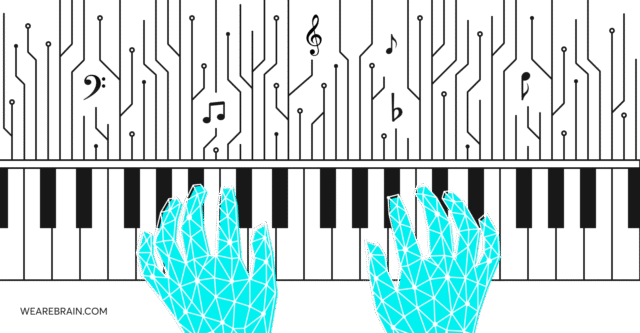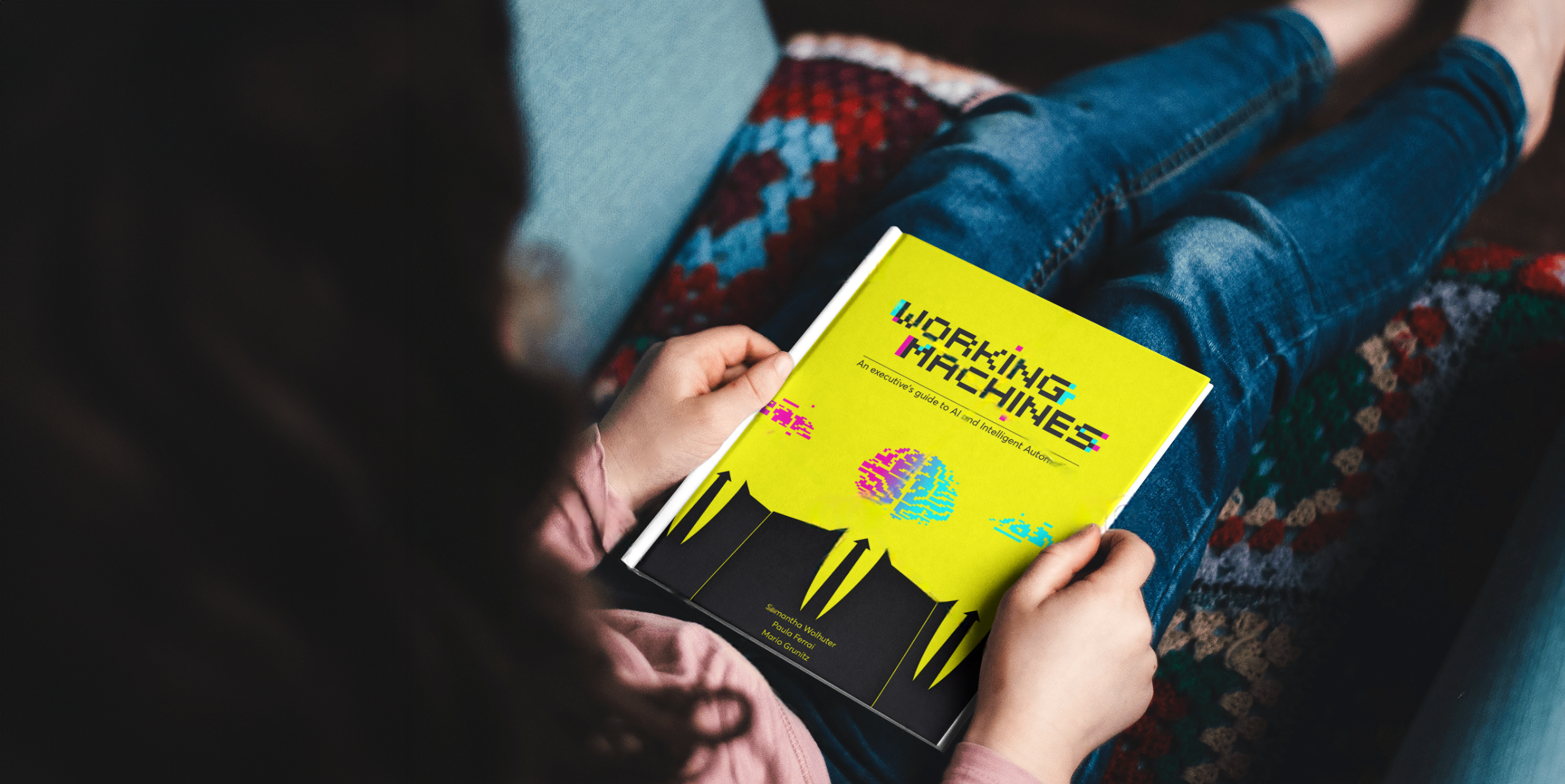
Exploring the frontier where AI meets melody, this article delves into the transformative impact of algorithms on music creation and consumption.
Key takeaways
- Industry Transformation: AI-generated music has exploded in 2025 with platforms like Suno and Udio leading a revolution that’s reshaping composition, production, distribution, and consumption while sparking unprecedented legal battles.
- Artistic Innovation: Musicians utilise advanced AI for composing, mixing, mastering, and creating novel sounds, with 18% of daily music uploads now being fully AI-generated on platforms like Deezer.
- Legal Revolution: Major record labels are actively pursuing licensing deals with AI music companies while simultaneously fighting copyright battles that could define the future of creative ownership.
- Listener Experience: Streaming services employ sophisticated AI for personalised recommendations, but AI-generated content accounts for only 0.5% of total streams despite high upload volumes.
- Future Implications: The role of AI in music continues sparking discussions on ethics, creativity, and authentic human expression, with Sony Music CEO announcing AI deals for 2025 amid ongoing legal negotiations.
AI is getting creative
Today, AI skillfully ventures into creative territories that have traditionally been regarded as uniquely human domains. The technology has evolved far from its original intention of automating administrative processes and routine tasks.
With AI-generated images, art, novels, designs, music, and videos, we’ve opened a transformative digital frontier that will forever change our relationship with the creative process.
But does AI’s involvement in music and other traditionally human-centric forms of expression enhance creativity or challenge its authenticity? Let’s explore how the rhythmic rise of AI in music is striking revolutionary chords in how music is created, experienced, and valued in our interconnected world.
How AI is being used in the music industry
From composition applications and mastering platforms to song identification tools and highly personalized playlists, AI fundamentally changes how music is composed, produced, distributed, and consumed across the entire creative ecosystem.
AI has become integral to every level of music creation and consumption. Let’s examine how AI empowers music artists, record labels, streaming platforms, and listeners in this new creative landscape.
Artists embracing AI collaboration
According to research conducted by music distribution company Ditto Music, 60% of surveyed musicians are already using AI to create music, with 47% saying they will leverage the technology in the future. Here’s why:
Music composition
According to research conducted by music distribution company Ditto Music, 60% of surveyed musicians already use AI to create music, with 47% planning to leverage this technology in the future. Here’s why this transformation is accelerating:
Revolutionary music composition capabilities
AI-generated music platforms like Suno and Udio have transformed text-to-music creation, enabling users to generate complete songs with vocals and instrumentation from simple prompts. These applications use deep learning algorithms that analyse existing music to understand patterns and create new compositions based on artistic vision and preferences.
Suno’s latest v4.5+ update introduced groundbreaking features including “Add Vocals” for layering vocals onto instrumental tracks, “Add Instrumentals” for creating backing tracks for vocal recordings, and “Inspire” that creates songs based on user-curated playlists.
AI algorithms now generate sophisticated melodies, harmonies, and lyrics, providing artists with expanded creative possibilities and inspiration sources that were previously unimaginable.
Professional mixing and mastering revolution
The mixing and mastering process has traditionally relied on experienced music engineers’ skills and creative expertise to enhance and optimise recording sound quality. AI-powered mastering tools now use specialised algorithms to automate audio track enhancement, producing radio-ready audio at a fraction of traditional time and cost.
Exploring new sonic territories
AI enables musicians to explore unprecedented soundscapes by generating unique audio experiences. By accessing vast internet audio sample libraries, AI tools help visionary artists discover new sounds that transcend traditional instrument limitations. AI algorithms can generate novel digital instruments and sound effects, providing extraordinary possibilities for musicians wanting to push auditory boundaries and create entirely new musical categories.
Record labels and streaming platforms
AI helps record labels predict chart success while streaming platforms use sophisticated technology to manage, categorize, and analyze the massive volume of new content uploaded daily.
Predictive analytics and hit forecasting
Record labels leverage AI to predict song success with 97% accuracy. By analysing vast amounts of data from user preferences, music trends, and social media activity, AI algorithms predict which songs have potential to become chart-toppers. This data-driven approach helps record labels make informed decisions about artist signings and promotional strategies.
Managing content at unprecedented scale
Currently, over 100,000 new tracks are uploaded to streaming platforms daily, with 18% being fully AI-generated music. Spotify uses AI to process the approximately 20,000 new songs added to their platform each day, enabling efficient categorisation and discovery.
Virtual musicians and AI artists
The AI music landscape has evolved significantly, with platforms like Suno and Udio generating complete songs from text prompts. While early AI artists like FN Meka made headlines, the focus has shifted toward more sophisticated AI-human collaborations and professional-grade tools that enhance rather than replace human creativity.
Enhanced listener experiences through AI personalisation
Streaming platforms like Spotify and Apple Music leverage sophisticated AI algorithms to provide accurate listening recommendations by analysing users’ listening habits, preferences, and behavioural patterns. This data-driven approach helps platforms develop highly personalised playlists and discover new artists that align with individual musical tastes, creating more engaging and satisfying user experiences.
Is the use of AI in music ethical?
While AI offers impressive capabilities for music creation and distribution, it also raises complex ethical and legal questions that the industry continues grappling with through negotiations, lawsuits, and policy development.
Copyright ownership and licensing battles
Major record labels including Universal Music Group, Warner Music Group, and Sony Music Entertainment are in licensing talks with AI music startups Suno and Udio, seeking both license fees and equity stakes in these platforms.
The Recording Industry Association of America sued both Suno and Udio in June 2024 for copyright infringement, alleging “en masse” copying of sound recordings. The lawsuits seek up to $150,000 per infringed work, with RIAA calling it “unlicensed copying on a massive scale.”
Originality and creative authenticity debates
The originality of AI-generated music often faces criticism for being derivative rather than truly original, as algorithms learn from existing music and replicate familiar patterns. However, this raises philosophical questions about the nature of creativity itself.
Isn’t all art precisely this—the use of existing elements to create something new? The Romans drew from Greek influences, The Rolling Stones borrowed from blues traditions, and filmmakers like Quentin Tarantino reference their inspirations. The question becomes: where do we draw the line between inspiration and imitation in an AI-driven creative world?
Employment and economic impact considerations
While we’ve been assured that AI enhances rather than replaces human productivity, the reality for some creative professionals is more complex. Automated music creation and production raise concerns about potential unemployment of musicians, songwriters, and producers. AI-generated content could impact the livelihoods of artists, particularly in commercial music production and background music creation.
However, despite 18% of daily uploads being AI-generated, this music accounts for only 0.5% of total streams on platforms like Deezer, suggesting that listeners still prefer human-created content for regular consumption.
Final note
Whether AI-generated music enhances or diminishes authentic creative expression remains a matter of individual perspective and cultural values. The debate over algorithm-generated creativity in music represents a conversation worth having as we navigate this transformative period.
Traditionalists may seek to preserve established creative processes and human agency, while innovators embrace the expanded possibilities that AI collaboration offers. As Sony’s Stringer noted, “We will share all revenues with our artists and songwriters, whether from training or related to outputs, so they are appropriately compensated from day one of this new frontier.”
Somewhere between resistance and uncritical acceptance lies the gentle melody of human creativity—not at risk of obsolescence but evolving in partnership with AI. The challenge becomes finding harmony between technological advancement and authentic human expression, ensuring that AI amplifies rather than replaces the creative spirit that gives music its emotional resonance and cultural meaning.
The future of music lies not in choosing between human or artificial creation, but in fostering collaborations that honour both human creativity and technological innovation, creating new forms of musical expression that serve our collective human experience while pushing the boundaries of what’s possible in sound and story.
